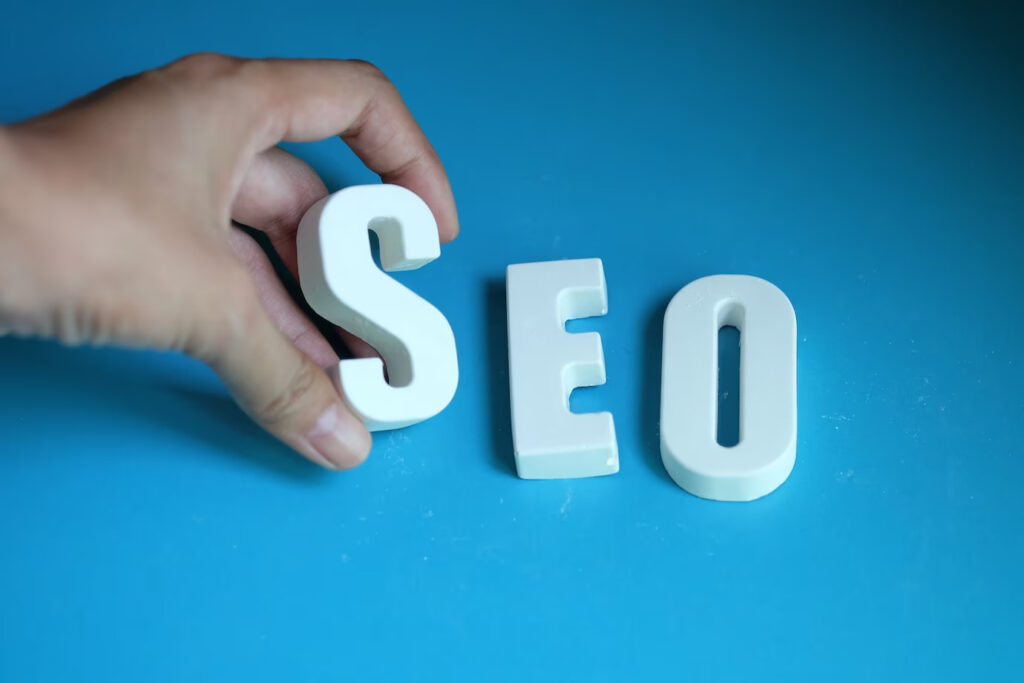Read the following article for more details and information…
Seo stands for search engine optimization process of optimizing a website and ranking them accordingly and showing them on search engine result pages.
There Are Three Types Of SEO That Are Off-Page SEO, On-Page SEO, And Local SEO.
- Off-page SEO: off-page SEO refers to factors outside your website
- On-page SEO: on-page SEO refers to the factors within your website
- Local SEO: Local SEO refers to the local businesses at a particular location
What Is On-Page SEO?
On-page SEO refers to the process of optimizing web pages to make them rank higher on SERP(Search Engine Result Page) to increase traffic on your website. On-page SEO refers to the work done on your own website and not outside of your website.
Some most frequently used on-page SEO consists of content, title tags, internal links, and many more. Google looks after the website you have created, and the content is relevant to the user search intent.
If the content seems to be relevant and useful for users, it will rank high on search engine result pages.
On-Page SEO Vs Off-Page SEO
On-page SEO refers to everything you have done on a webpage to increase its ranking.
Whereas off-page SEO refers to everything you have done outside your website to increase the ranking factor. In the case of off-page SEO, backlinking is the biggest factor. It also includes social media.
Both SEO practices are different from each other yet useful and good strategies. Both have different strategies to increase traffic inside and outside of your web page.
Importance Of On-Page SEO
Search engines like Chrome and google use their own keywords to match the user’s search intent. The more relevant and useful your content will be, the more it will rank higher on the search engine result page. On-page SEO is all about increasing more and more traffic to your website and ranking higher on the search page result page. On-page SEO is all about repeating keywords on a website or page. Repeating it several times may be harmful either.
Checklist Of On-Page SEO
There are several factors to increase the ranking on search engine result pages. Here’s the checklist of on-page SEO as follows:
- Fresh and unique content
- Headings
- Meta description
- Images
- Keyword placement
- Links
- Advanced technicals
Fresh And Unique Content
Updating fresh and unique helps the most in ranking your website. It’s very essential to update your content frequently to maintain the value of your content. The important changes you need to do frequently are as follows:
- New and recent information about the topic of your content.
- Add links to your content, so that it makes people stay on your website for a longer period of time.
- Update your content with new and recent relevant photos.
- Ensure that the user search intent keyword has not changed in the entire content.
Headings
The heading is used in content to understand the sections and subsections without any confusion. Giving a proper heading to each explanation attracts more people. The more prominent heading will be given, the more Google will understand whether the content is relevant to the user’s keyword intent. This will eventually help you to rank.
There are six types of heading tags among which h1, h2, and h3 are useful for SEO practice and the rest h4, h5, and h6 heading tags don’t have any SEO value.
Meta Description
Meta description means a small ad for your content. The meta description appears on the search engine result page under the title. Writing a proper meta description is very important as it will make people look at your website and click on it.
Images
Adding relevant and valuable images to your content will make people stay on your website for longer periods of time
Adding an image attracts people more as it makes your content look beautiful and useful at the same time.
Keyword Placement
Keyword placement is important. LSI keywords will come naturally on your content while writing but in some places, you need to put the keyword intentionally to rank your page. For example:
- Page title
- Heading
- Meta description
- Title tag
- Conclusion
Links
There are two types of links internal links and external links
- Internal links: internal links are the link that takes the reader to land on the other pages of your website.
- External links: external links take users to other domains.
Advance Technicals
Different SEOs are interconnected to each other. Advanced technicals help in optimizing the on-page SEO. Sometimes the website has glitches and is easy to troubleshoot while your page is not working.
Conclusion
Well on page SEO is about everything that is done within your website. It helps in the ranking factor of your website as well.
Here’s all the information about on-page SEO, its importance and optimization, and all other details. I have mentioned all the details and information about on-page SEO in this article. Thanks for reading the article till the end. I hope the information was useful for you.

